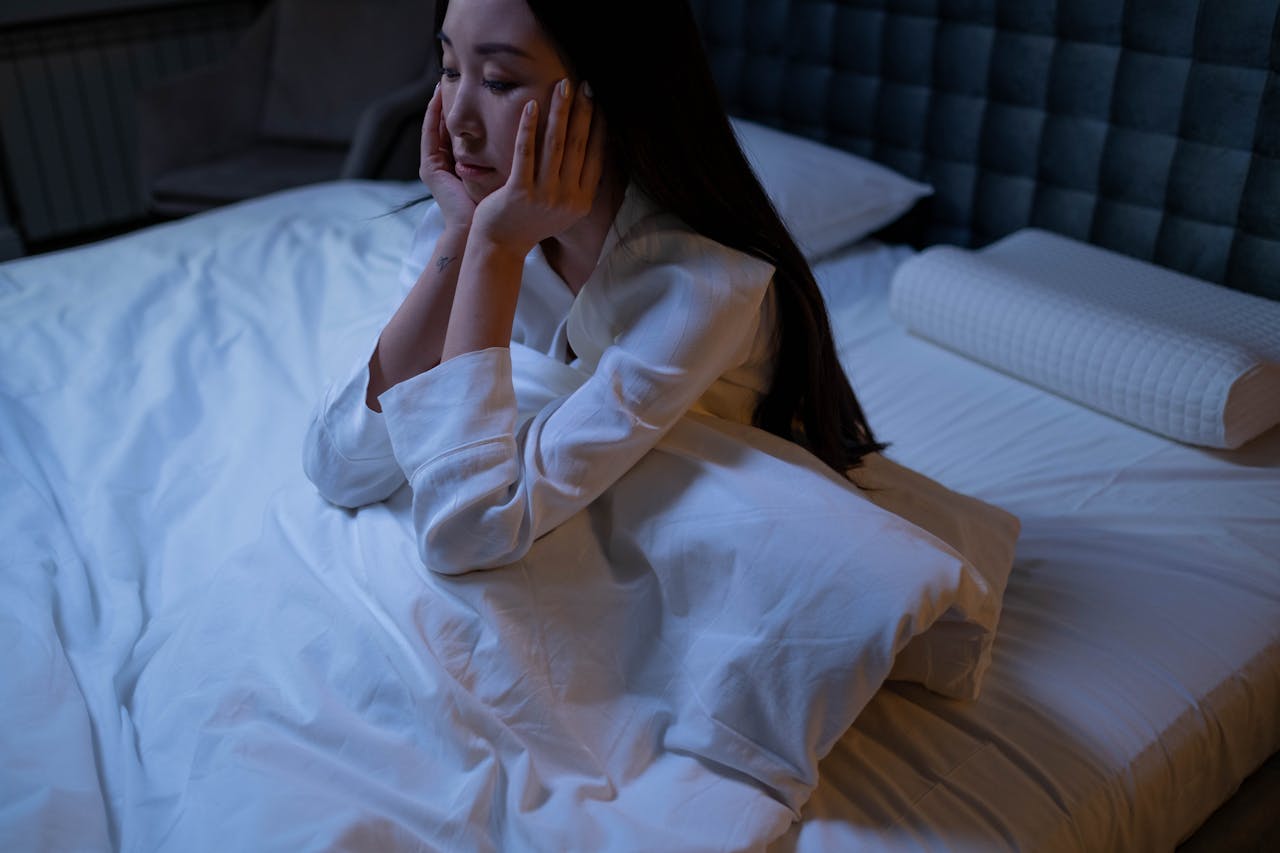Mental Health
Popular Kids Have Difficulty Falling Asleep, Study Finds

(Photo : cottonbro studio / Pexels)
Researchers from Örebro University recently found that popular teenagers, particularly girls, experience difficulty falling asleep compared to their less popular peers.
Their study, which surveyed approximately 1,400 Swedish adolescents, revealed that popular teens sleep on average 27 minutes less than their counterparts, with popular girls exhibiting a higher likelihood of insomnia symptoms.
The research, published in Frontiers in Sleep, utilized a nomination process to identify popular teens based on peer recognition, rather than relying on factors such as screen time or smartphone use.
Contrary to popular belief, the study suggests that the link between popularity and inadequate sleep is primarily attributed to increased social interactions and emotional investment in peer relationships.
Lead author of the study, Dr. Serena Bauducco, highlighted that while smartphones are often associated with sleep disturbances, the study suggested that popularity has historically been linked to poor sleep even before the advent of handheld communication technology.
"Popularity has been associated with worse sleep both before and after the development of handheld communication technology," the authors wrote, according to the New York Post.
The findings showed the importance of addressing sleep patterns among adolescents, particularly considering the recommended sleep duration of eight to ten hours per night. However, many teenagers struggle to meet this recommendation due to factors such as circadian rhythm delays, academic pressures and social obligations.
Moreover, the study identified gender disparities in sleep habits, with popular girls more likely to experience insomnia symptoms compared to popular boys. Bauducco suggested that this difference may stem from varying levels of emotional investment in friendships, as girls tend to express more care and concern for their friends.
The consequences of sleep deprivation among teenagers are profound, as highlighted by the Centers for Disease Control and Prevention, which linked inadequate sleep to risky behaviors such as substance abuse and reckless driving. Additionally, recent research suggests that insufficient sleep may increase the risk of developing neurological conditions like multiple sclerosis.
In addressing sleep deficits, the study recommends incorporating short naps into daily routines to improve cognitive function and overall well-being among teenagers.
Bauducco stressed the importance of prioritizing adequate sleep for adolescents, noting that even small increases in sleep duration can yield significant benefits in mental health and academic performance.








Join the Conversation